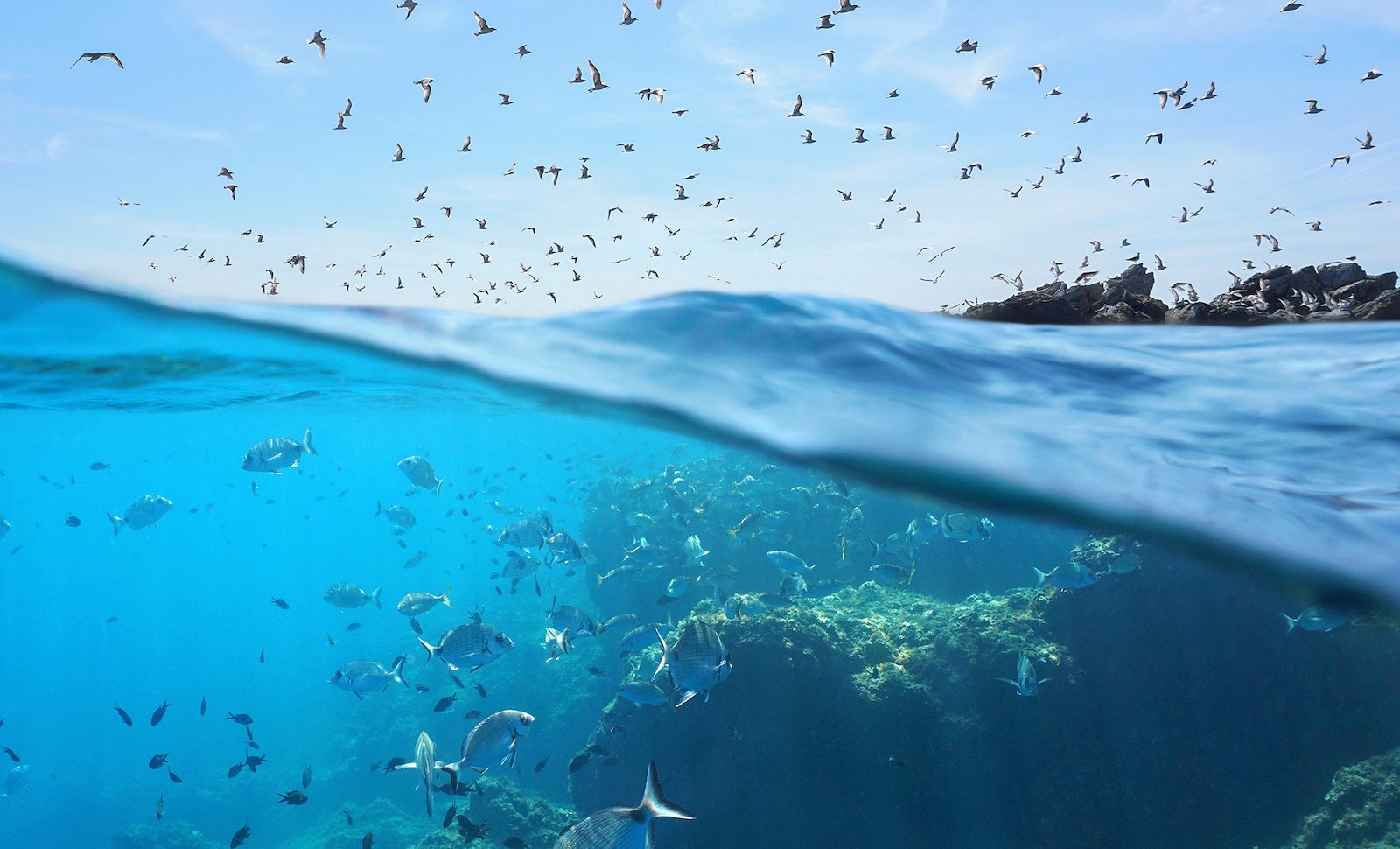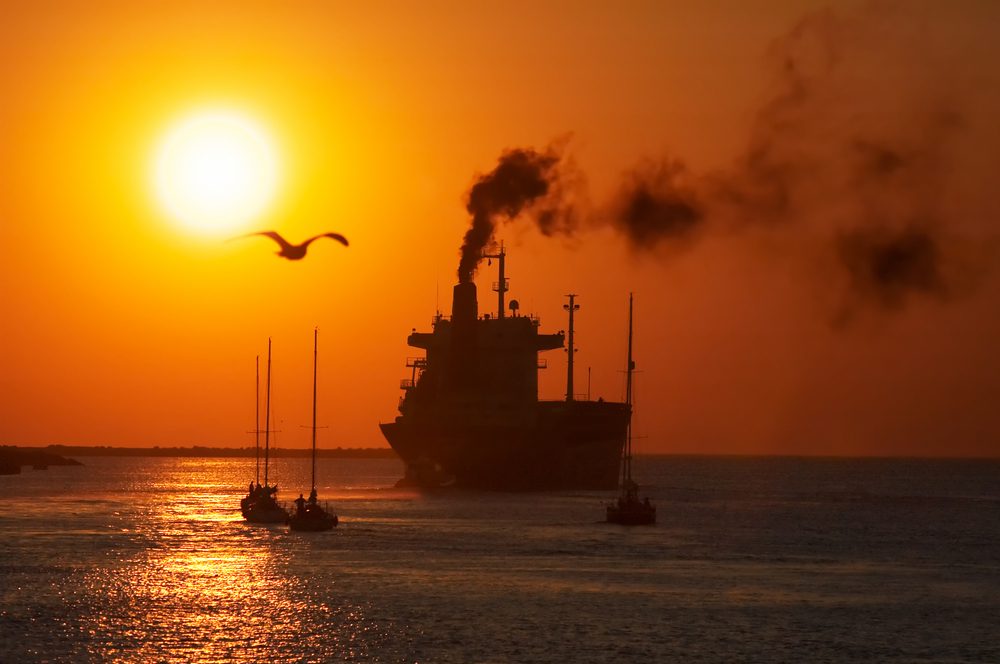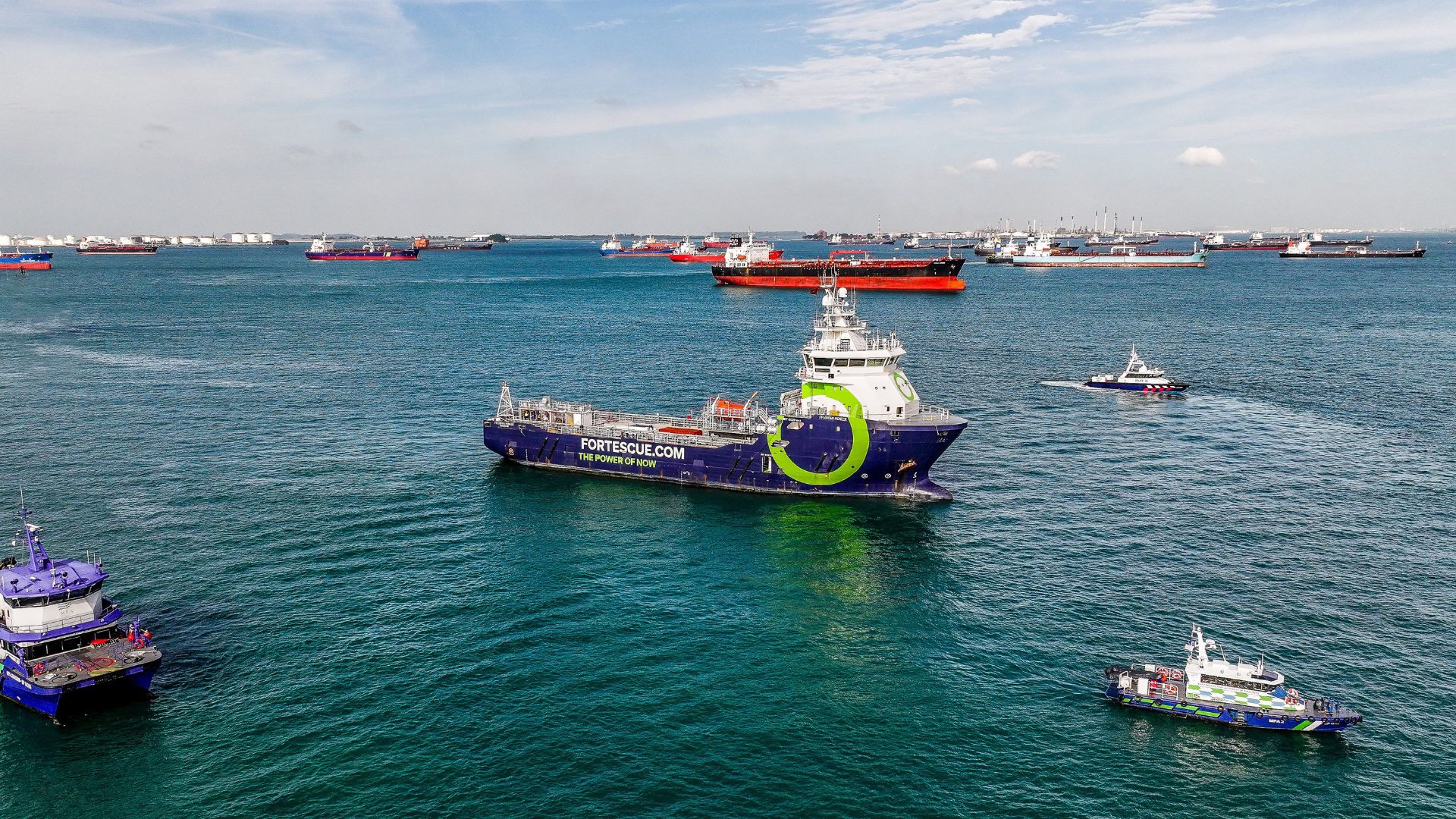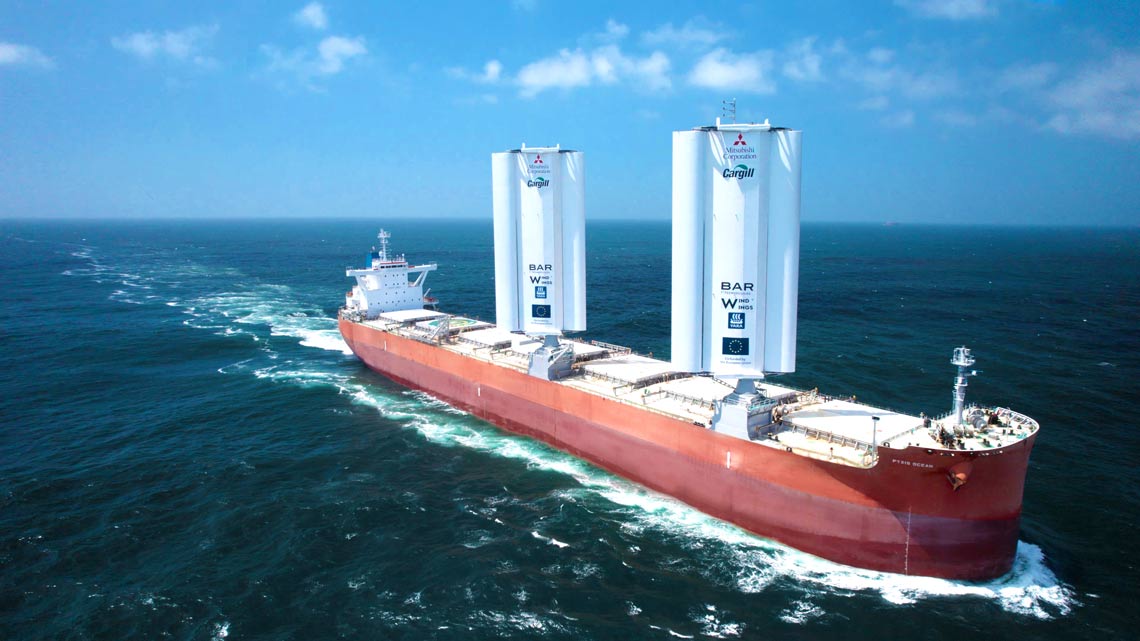The maritime world marks World Maritime Day today, September 25, 2025, with the theme “Our Ocean, Our Obligation, Our Opportunity” — a call to action that comes at a critical juncture for the shipping industry.
As highlighted by UN Secretary-General António Guterres, “The ocean is far more than a highway for commerce. It is a life force — feeding billions, regulating our climate, and sustaining biodiversity. It is also a source of jobs, opportunity, and hope for millions of people.”
This year’s observance emphasizes the essential role oceans play in sustaining life and the global economy. Oceans provide half the oxygen we breathe, feed billions, regulate climate, and facilitate more than 80% of global trade through maritime transport. However, they face mounting pressures from pollution, overuse, and climate change impacts.
The shipping industry, which carries over 80% of global trade and uses more ocean space than any other sector, stands at a crossroads of responsibility and opportunity.
“IMO has, for many decades, worked to strike the right balance to ensure that the shipping industry is not the problem but the solution,” said IMO Secretary-General Arsenio Dominguez. “Whether it is through international regulations to protect the environment and support seafarers, technical support to Member States, or bringing together all the key stakeholders – governments, industry, academia, civil society – we always find a way to global solutions.”
The timing of this year’s theme coincides with significant developments in ocean governance, including the imminent entry into force of the High Seas Treaty (BBNJ Agreement), commitments made at the UN Ocean Conference in Nice this past June, and ongoing negotiations for a global agreement on plastic pollution.
Under this year’s theme, the IMO has highlighted several achievements in 2025, including the adoption of the 2025 Action Plan to Address Marine Plastic Litter from Ships, the development of a new legally binding global regulatory framework on biofouling management, and the approval of the draft IMO Net-Zero Framework, which includes regulations for a new global fuel standard and GHG emissions pricing mechanism for ships scheduled for adoption in October 2025.
The maritime industry is making these environmental strides while facing significant economic headwinds. According to a recent UN Trade and Development body (UNCTAD) report, global maritime shipping is forecast to slow dramatically to just 0.5 percent in 2025, marking the slowest pace of growth in years following a modest 2.2 percent expansion in 2024.
The industry grapples with a convergence of challenges including geopolitical tensions that have forced vessels to take significantly longer routes. Ships that previously traversed the Red Sea in days now sail for weeks around the Cape of Good Hope, with tonnage through the Suez Canal remaining 70 percent below 2023 levels as of May 2025.
These rerouting efforts have pushed “ton-miles” – the distance each ton of cargo travels – to a record 6 percent increase in 2024, nearly three times faster than actual trade volume growth. Meanwhile, container, bulk, and tanker freight rates have remained elevated and volatile throughout 2024 and 2025.
The impact falls disproportionately on vulnerable economies, with Regina Asariotis, Chief of UNCTAD’s Trade Logistics Branch noting, “Small island developing States, least developed countries, and net food importing nations are the most vulnerable, because higher freight costs quickly translate into more expensive imports and food insecurity.”
The climate challenge also looms large as shipping’s greenhouse gas emissions rose by five percent in 2024, yet only eight percent of the world fleet’s tonnage is currently equipped to use alternative fuels. The IMO’s Net-Zero Framework, to be considered in October 2025, would establish a path toward net-zero emissions by 2050 through a global fuel standard and carbon pricing mechanism.
Beyond emissions concerns, the human element remains critical. Seafarer abandonment cases reached a record high in 2024, leaving crews stranded without pay or support. Global ports also struggle with congestion, longer waiting times, and pressure to modernize.
As part of World Maritime Day celebrations, several initiatives are underway globally, including landmarks being lit in blue, a special screening of “Ocean with David Attenborough” at the IMO headquarters, and social media campaigns. Additionally, the World Maritime Day Parallel Event will be celebrated in the United Arab Emirates from September 29 to October 1, 2025.
“The transitions ahead – to zero carbon, to digital systems, to new trade routes – must be just transitions. They must empower, not exclude. They must build resilience, not deepen vulnerability,” said UNCTAD Secretary-General Rebeca Grynspan.
Editorial Standards · Corrections · About gCaptain

 Join The Club
Join The Club











